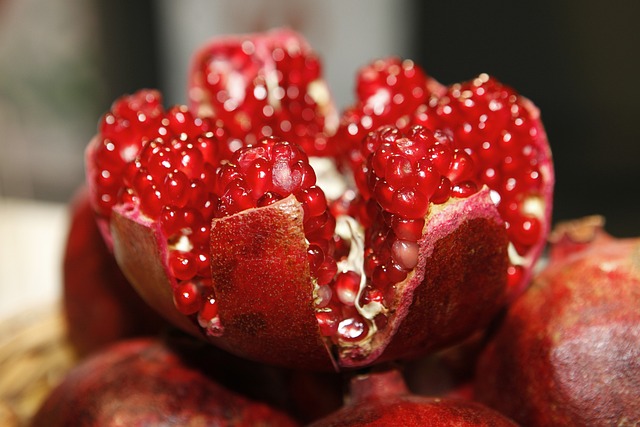The Dark Side of Antibacterial Soap: How Probiotics Could Save Your Skin
Antibacterial soaps have long been a staple in households across the world. The idea of being able to kill off harmful bacteria with a simple wash of our hands is something that most of us take for granted. However, recent research has shown that the use of antibacterial soap may not be as beneficial as we once thought.
Studies have shown that certain chemicals found in antibacterial soap can disrupt the delicate balance of bacteria on our skin. This can lead to a number of negative effects, including dry skin, irritation, and even bacterial resistance. In fact, the FDA has banned the use of certain antibacterial chemicals, such as triclosan, due to concerns about their safety and effectiveness.
So, what’s the alternative? Enter probiotics.
Probiotics are living microorganisms that are good for our health. They are found in a variety of foods, such as yoghurt and kefir, and can also be taken as supplements. Probiotics work by restoring and maintaining the natural balance of bacteria in our body.
When it comes to our skin, probiotics have been shown to be particularly effective. Studies have shown that probiotics can help to reduce inflammation, improve hydration, and even protect against harmful UV rays. They can also help to soothe and repair damaged skin.
So, how do probiotics work on our skin?
Firstly, probiotics can help to restore the natural balance of bacteria on our skin. This is important because our skin is home to a complex ecosystem of bacteria that plays a vital role in keeping our skin healthy. When this balance is disrupted, it can lead to a number of negative effects, such as dryness and irritation.
Probiotics also work by strengthening our skin’s natural barriers. Our skin has a natural barrier that helps to protect it against harmful environmental factors, such as pollution and UV rays. When this barrier is weakened, it can lead to a number of negative effects, such as premature ageing and increased susceptibility to infection. Probiotics can help to strengthen this barrier, which can help to protect our skin and keep it looking healthy.
Finally, probiotics can help to boost our skin’s natural defences. Our skin is home to a variety of immune cells that help to protect us against infection. When these defences are weakened, it can lead to a number of negative effects, such as increased susceptibility to infection and slower wound healing. Probiotics can help to boost our skin’s natural defences, which can help to keep our skin healthy and protect it from harm.
So, what are some of the best sources of probiotics for our skin?
Some of the best sources of probiotics for our skin include yoghurt, kefir, and kimchi. These foods are all rich in probiotics and can help to restore the natural balance of bacteria on our skin.
In addition, there are also a number of probiotic skincare products on the market. These products contain probiotics and other beneficial ingredients that can help to improve the health of our skin.
When it comes to skincare, it’s important to remember that there is no one-size-fits-all solution. Everyone’s skin is different and will react differently to different products. However, for those looking for a natural and effective way to improve the health of their skin, probiotics could be a great option.
In conclusion, the use of antibacterial soap may not be as beneficial as we once thought. However, probiotics offer a natural and effective alternative that can help to restore the natural balance of bacteria on our skin, strengthen our skin’s natural barriers, and boost our skin’s natural defences. So, the next time you’re thinking about reaching for the antibacterial soap, consider trying a probiotic skincare product instead.







